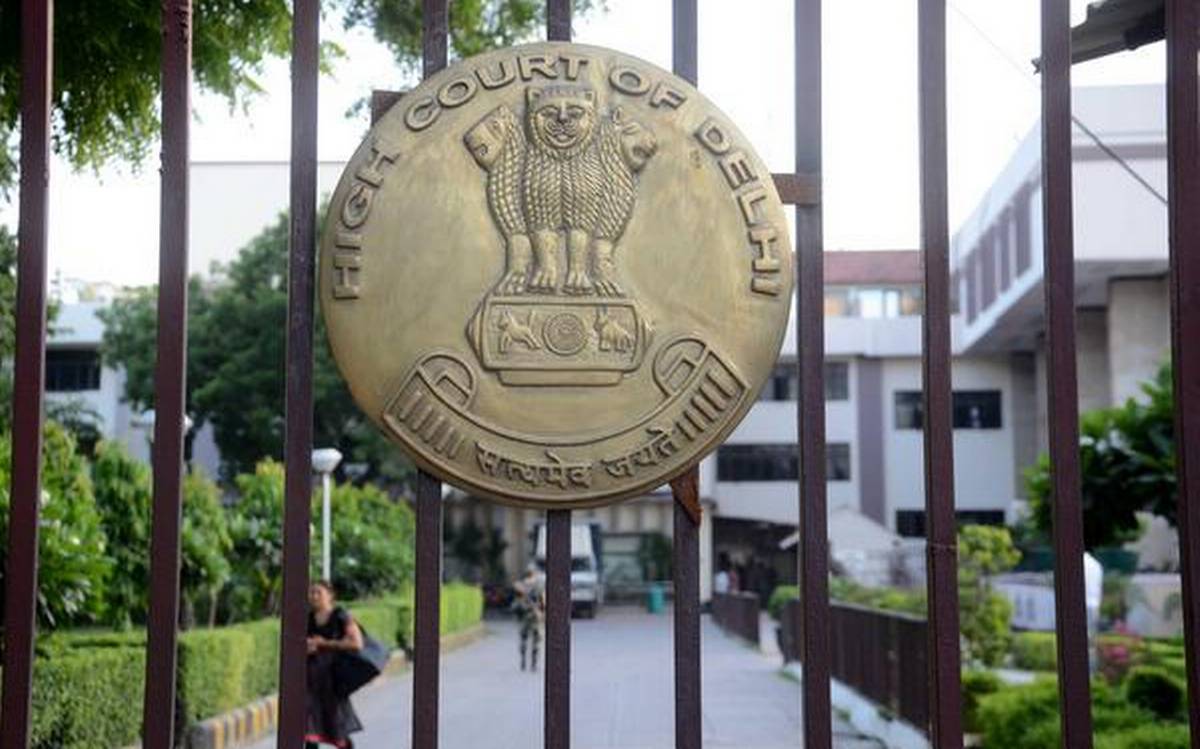The High Court of Delhi exercised its jurisdiction under Section 482 Cr.P.C to quash the FIR on the ground that the parties have entered into a compromise. This was held in the case of Mohammed Umair v. State and Anr, [CRL.M.C. 674/2021], by Hon’ble Justice Subramanion Prasad.
The accused who was arguing with his mother started abusing the complainant and started fighting with him when he asked him not to argue with his mother. It is stated that the accused slapped the complainant and when people gathered there the accused threatened the complainant and went towards his house. It was alleged that the accused stabbed the complainant on the stomach. The MLC the doctor has recorded the present case to be one of physical assault near home address and reported stab injury in the abdomen. Charge-sheet has been filed against the complainant. The charge-sheet states that the complainant has suffered grievous injuries. The accused/petitioner was later released on bail . A petition was filed on the ground that after the intervention of the parents and the well-wishers the parties have stated to settle their disputes.
Reliance was placed on the case of Gian Singh v. State of Punjab, (2012) 10 SCC 303, where it was held that the High Court has the power to quash FIR/complaint on the basis of a compromise arrived at between the parties while exercising its jurisdiction under Section 482 Cr.P.C, provided it has to be exercised in accord with the guideline engrafted in such power viz.: (i) to secure the ends of justice, or (ii) to prevent abuse of the process of any court. In what cases power to quash the criminal proceeding or complaint or FIR may be exercised where the offender and the victim have settled their dispute would depend on the facts and circumstances of each case and no category can be prescribed.
The Court observed that “As there is a close relation between equality and justice, it should be clearly discernible as to how the two prosecutions under Section 307 IPC are different in nature and therefore are given different treatment. With this ideal objective in mind, we are proceeding to discuss the subject at length. It is for this reason we deem it appropriate to lay down some distinct, definite and clear guidelines which can be kept in mind by the High Courts to take a view as to under what circumstances it should accept the settlement between the parties and quash the proceedings and under what circumstances it should refrain from doing so”.
The Court after noting the fact that the accused is a 21 year old youngster having entire life ahead of him and the fact that the parties have entered into a settlement, ordered to exercise its jurisdiction under Section 482 Cr.P.C to quash the FIR on the ground that the parties have entered into a compromise.


